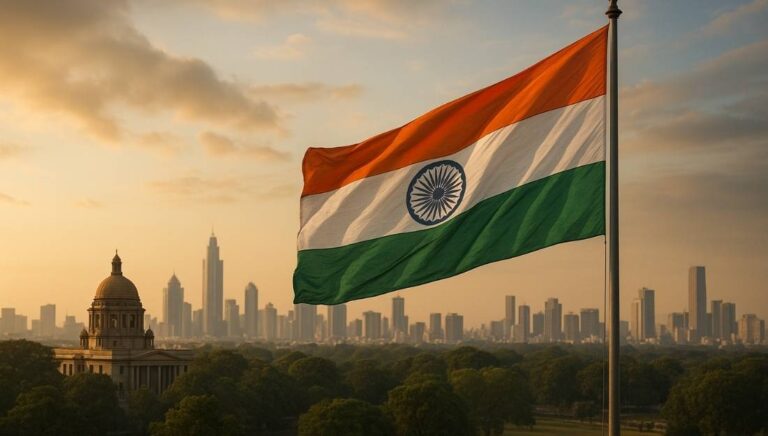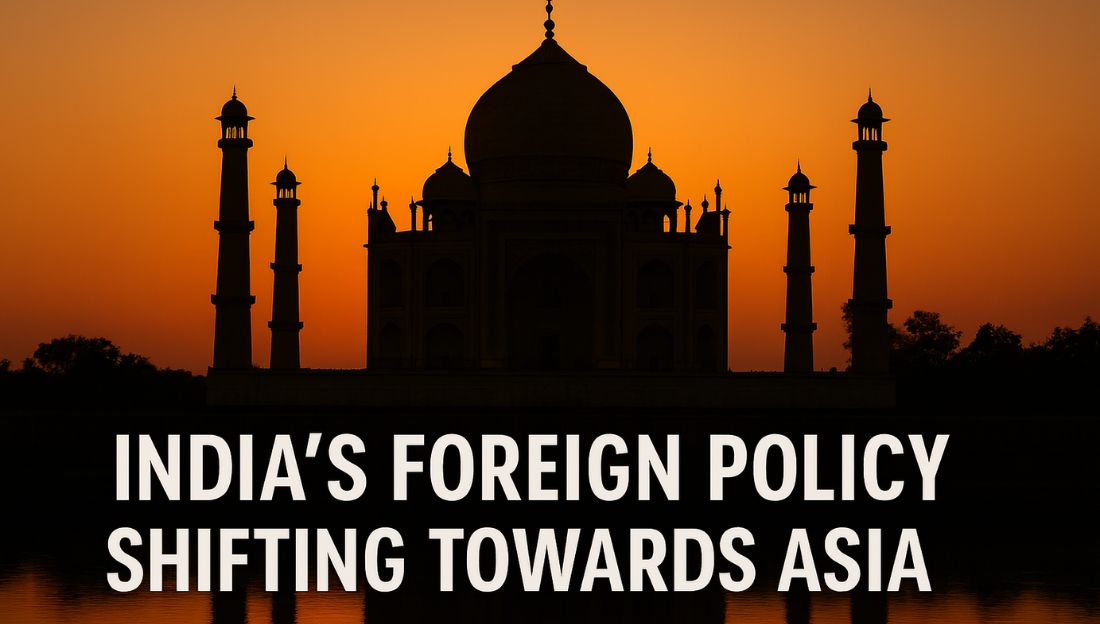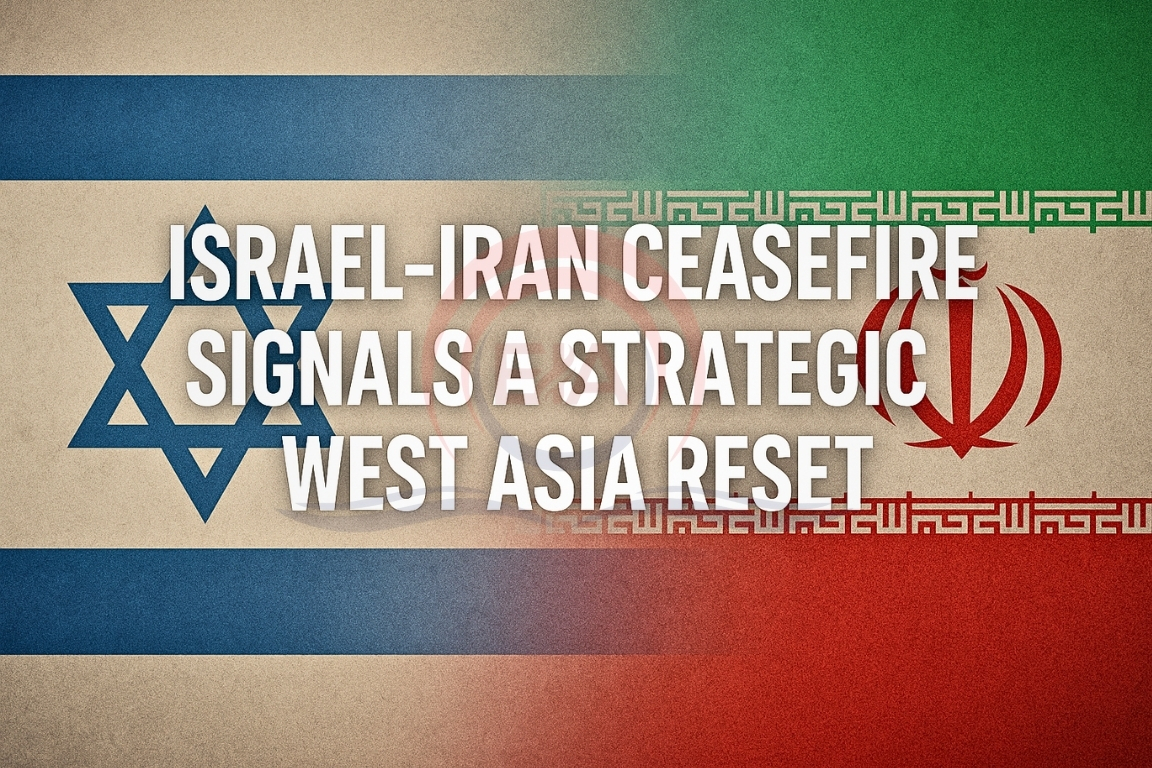India’s foreign policy is entering a critical phase as global influence moves toward Asia. In this changing geopolitical setting, India’s long-term interests may be better protected by strengthening ties within Asia rather than relying on any single major power.
Why Asia is Important for India
- Asia is rapidly becoming the geopolitical and economic center of the world.
- Two-thirds of the world’s population and a large share of global GDP are concentrated in Asia.
- Asia has emerging strategic groupings like SCO and BRICS, which emphasize mutual security, economics, and cooperation outside Western-dominated structures.
- India’s geographical location and civilizational links offer strong foundations for regional leadership.

Need for a New Foreign Policy Approach
- India can no longer follow a binary choice between major powers like the U.S. and China.
- The current era requires India to assert strategic autonomy, making decisions based on national interests, not external pressure.
- The decline of Western dominance and the rise of Asian economies calls for stronger South-South cooperation.
Strategic Autonomy: Redefined
- Strategic autonomy should reflect India’s unique position, not just non-alignment.
- India’s interests include:
- Sustainable development,
- Protection of supply chains,
- Promoting inclusive growth and technology cooperation.
- India must avoid entering alliances that limit its freedom to take independent decisions.
Economic and Technological Strength
- India is one of the world’s fastest-growing major economies.
- Large digital talent, technological capacity, growing defense manufacturing, and innovation make India an attractive partner.
- India can be a key technological counterweight to other global powers.
Regional Security Cooperation
- Asia’s future security structure will rely on cooperation, not military dominance.
- India must expand regional partnerships focusing on: Cybersecurity,, Maritime security,, Counter-terrorism, Disaster management.
Reforming Global Governance
- India represents the interests of the Global South, demanding reforms in international institutions like the UN, WTO, IMF.
- India’s stance on climate justice, equitable trade, and sustainable development aligns closely with developing Asian nations.
Hard Choices for India
- India must protect its economic data, digital innovation, and technological sovereignty.
- Defense spending needs reallocation — shift from equipment imports to home-grown capability (AI, drones, missiles, space tech).
- Partnerships should be based on transparent, value-based supply chains—not blind alignment with any single power.
Future Outlook
- India must leverage its demographic advantage, technological potential, and growing global influence to shape Asia’s future.
- Collaboration with Asian nations can create a more balanced, multipolar world.
- India’s ultimate aim should be to lead through cooperation, innovation, and inclusive development.
Conclusion
India’s future lies in strengthening its role as a responsible Asian power, promoting multipolarity, regional cooperation, and strategic autonomy. By positioning itself at the heart of Asian growth and stability, India can contribute to shaping a fair and balanced global order.
This topic is available in detail on our main website.





